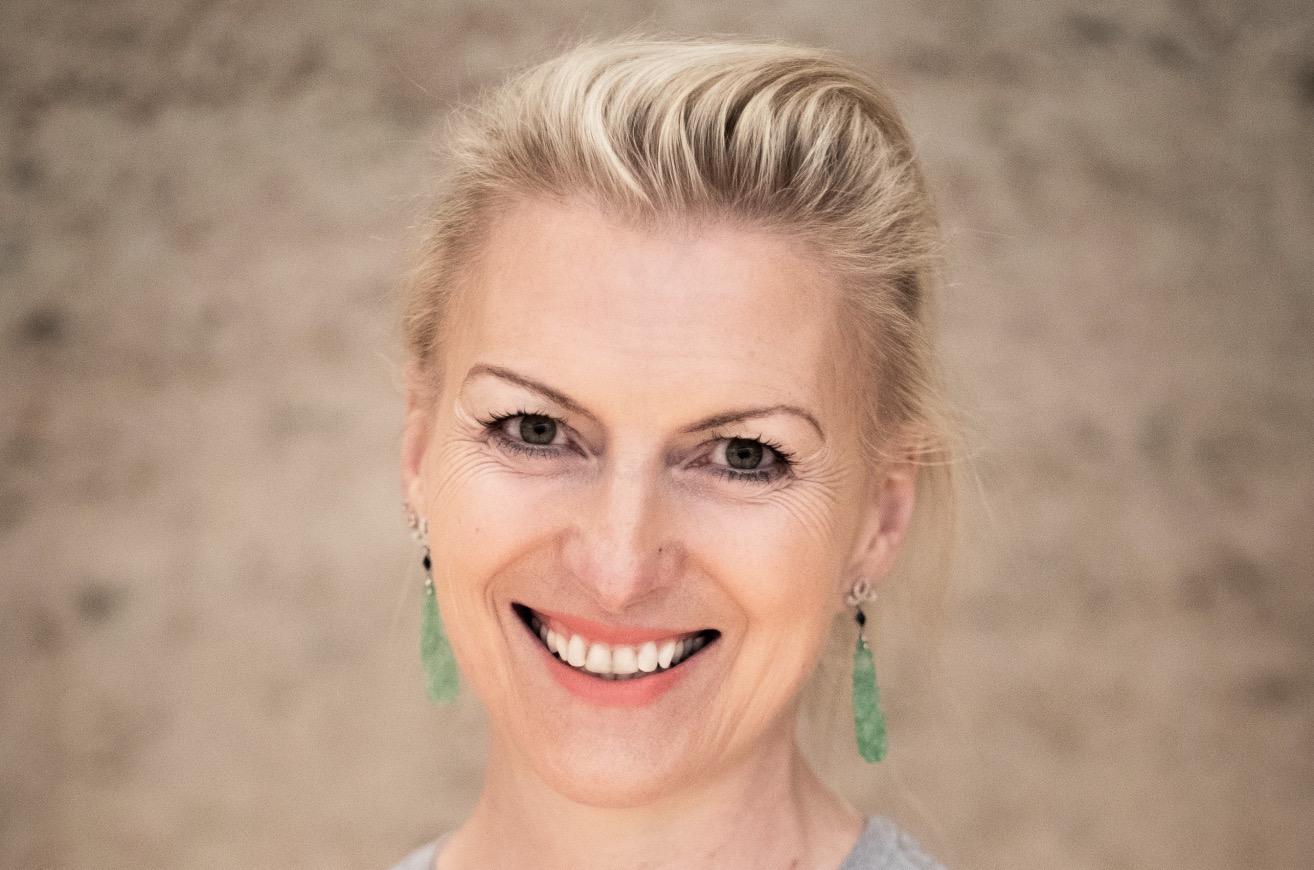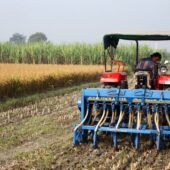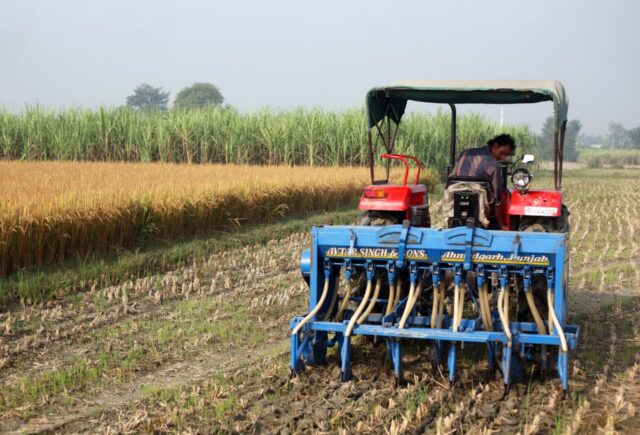The CEO and co-founder of Chi Impact Capital talks to Impact Investor about geopolitical noise and climate fatigue, but also rising momentum, innovation, and the importance of impact venture capital to fund new impactful solutions.

Chi Impact Capital was founded by Christin ter Braak-Forstinger and Anita Keij in 2017. It is a fully independent impact fund adviser based in Zurich, advising a Luxembourg-based impact venture fund that closed for new investors in March 2024. Chi Impact Capital aims to back the most promising European founders that proactively drive and accelerate the systemic shift towards a regenerative and circular economy, the firm says.
Maha Khan Phillips (MKP): What inspired you to establish Chi Impact Capital, and how does its mission align with your personal vision for impact investing?
Christin ter Braak-Forstinger (CBF): Coming from an entrepreneurial family background and combining my traditional financial track-record with my long-standing impact investing experience, I wanted to showcase [that impact investing] is the right thing and it pays off to be kind. The “Chi” in our company name Chi Impact Capital stands for positive life energy (you can also call it ‘Prana’, ‘Mana’, ‘Qi’) but Chi similarly also [stands] for Conscious, Holistic, and Impactful investing.
As a conscious investor my drive from the very get go was to enable our investors to create both deep, positive impact and strong returns while accelerating real systems change towards a regenerative and circular economy. Who wouldn’t voluntarily choose to get more out of an investment than just a financial return? Starting a first-time impact venture capital fund is everything else but glamorous but I loved it from day one.
The best founders don’t follow trends, they create trends and their companies have the potential to change the sectors they are operating in for the better.
As an entrepreneur myself, I don’t shy away to making my boots dirty and I am looking for that similar special drive, commitment, resilience and vision in the entrepreneurs we are investing in. In a couple of years down the road it will become completely obsolete to explain why core-regenerative companies providing scalable solutions to the world’s most burning issues will be the winners of tomorrow. The best founders don’t follow trends, they create trends and their companies have the potential to change the sectors they are operating in for the better.
MKP: Which sectors do you believe will be the biggest drivers of impact investment in the coming years?
CBF: There are uncountable, transformative, scalable and deeply impactful solutions out there to spark the global and sectoral transitions needed, from food systems transformation to a circular economy and nature-based solutions, re-wilding and biodiversity restoration to help make our cities smarter and to make our soils and water systems more resilient. Given innovation’s promise in solving key global issues, such as climate change, there is a growing need for early-stage capital, particularly impact VC.
There will not be only ‘three hot sectors’ in the next coming years. Thank god this is not the case – we need to see things holistically. Sectors are interconnected. Considering the connected whole works to our advantage. AI will continue to play a dominant role. It is not a sector however. It’s a general purpose technology that will continue to shape all sectors of our economy. Effective governance is a key requirement for AI and AI needs to be applied to create value for all and not just extract for a few.
There will not be only ‘three hot sectors’ in the next coming years. Thank god this is not the case – we need to see things holistically.
Impact startups have the power to act as catalysts for change for traditional industries by introducing innovative solutions that challenge outdated practices and the status quo and drive technological advancements and push established companies out of their comfort zone toward more responsible and future-proof business models. I am deeply convinced that it’s the same for all sectors. Long-term economic success is only possible when economic, ecologic and social value creation are interconnected. The most successful companies in the different sectors will help accelerate systems change towards a regenerative and circular economy.
MKP: If there was one thing you could change about the impact investing industry, what would it be?
CBF: No doubt, the momentum of impact investing has grown tremendously over the last years. However, impact investing like any other industry is not protected from cycles. When I started in impact investing it was like the coolest rockstar thing a founder or an investor could do. Right now, it has become uncool to be kind. I still love my job and I don’t care about being a rockstar or about being uncool or unkind.
When I started in impact investing it was like the coolest rockstar thing a founder or an investor could do. Right now, it has become uncool to be kind.
There is a lot of geopolitical noise and climate fatigue around while large parts of L.A. have recently burnt down due to reduced rainfall, dried-out vegetation, and drought conditions directly linked to climate change. If I could change one thing about the impact investing industry now, then I would inject a huge portion of resilience into all the pioneering founders who are working on pioneering solutions. They will be rewarded in the longer run – increased positive impact is increased financial valuation.
MKP: What keeps you up at night?
CBF: I try to not look at my cell phone the last hour before I go to bed. The last time I was awake at night was after I had the chance to talk in a very small group of interesting people and in a relaxed atmosphere to leading climate scientist Professor Sonia Seneviratne from the ETH in Zurich. Sonia showed us some interesting numbers hidden in a footnote in the IPCC report: we are on a 3.2C track.
The Paris Agreement, adopted in 2015, actually aims to limit global warming to well below 2°C, preferably to 1.5°C, compared to pre-industrial levels. A 3.2C track means increased extreme weather events, sea level rise, ecosystem collapse, biodiversity loss, migration pressure, and increased global conflicts. This will affect us all during our life-time, and much worse our children. That night I was thinking until the early morning about how we can accelerate transformative solutions and systems change to seriously reverse this.





